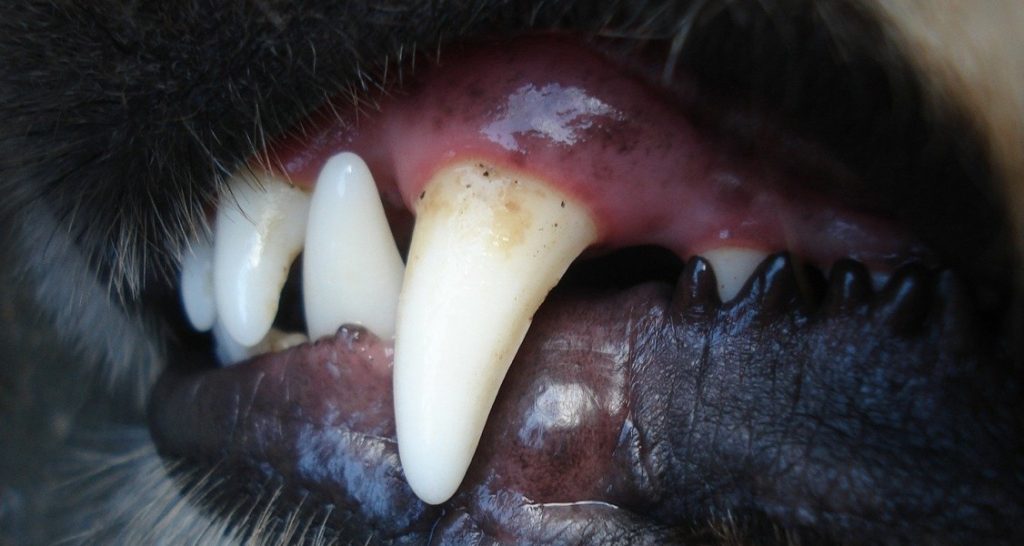As a responsible pet parent, you care deeply about your canine companion’s wellbeing. Naturally, mouth sores on dogs are a cause for concern. Most canine mouth ulcers result from gum disease, bacterial infections, and oral cancers. This short guide explores other possible issues your vet may check for while examining your dog.
Overbites, Underbites, and Crossbites
Dogs suffer from dental malocclusions when teeth on their upper and lower jaws don’t properly align. If your dog’s teeth continuously rub against gums and soft tissues, this can lead to irritation and ulceration. A few types of malocclusions are more likely to cause mouth blisters:
- Overbites, when the lower jaw is shorter than the upper jaw
- Underbites, in which the lower jaw is longer than the upper jaw
- Crossbites, with two or more teeth overlapping when the mouth closes
- Base narrow canines, when lower teeth protrude inward toward the upper palate
Chronic Ulcerative Paradental Stomatitis (CUPS)
Chronic ulcerative stomatitis can also manifest right after a dog’s dental cleaning. Bacteria and plaque loosened from the teeth could prompt a dog’s overactive immune system to go on overdrive. It attacks healthy gums and mouth tissues while targeting the microorganisms.
The exact causes of canine stomatitis aren’t yet known. Current research suggests that it could be a hypersensitive immune response to bacteria and plaque inside the mouth. Besides the telltale ulcers, your dog may display other distinctive symptoms:
- Sore and inflamed gums
- Loss of appetite
- Chronic bad breath
- Scars on the sides of the tongue
- Hypersalivation
Chronic ulcerative stomatitis can also manifest right after a dog’s dental cleaning. Bacteria and plaque loosened from the teeth could prompt an already overactive immune system to go on overdrive. The dog’s immune system attacks healthy gums and mouth tissues while targeting the microorganisms.
Uncontrolled Diabetes and Dental Disease
Diabetes leads to oral health issues in humans, but it can also cause the same problems in dogs. When blood sugar levels stay high, this can damage soft tissues such as the gums and the mouth’s membrane lining. Uncontrolled diabetes can trigger gum inflammation, periodontal disease, and mouth blisters in dogs.
Hypothyroidism in Dogs
Dogs with hypothyroidism don’t produce enough thyroxine, an essential hormone that helps break down food into fuel their cells can use. A slowed-down metabolism impairs cellular reproduction, causing problems throughout the entire body. Hypothyroidism can lead to skin and fur problems. You may also notice lingering mouth ulcers that don’t seem to heal.
Eosinophilic Granuloma Complex
Dogs may also have mouth blisters when their immune systems overreact to insect bites and stings. This rare condition is known as eosinophilic granuloma complex. As the Merck Veterinary Manual explains, most dogs develop red nodules shaped like cauliflowers or mushrooms in their mouths. This disorder can also produce mouth blisters and ulcers.
Oral Health and Overall Wellness
Mouth sores on dogs can cause discomfort, but their presence may signify underlying health issues. Regular checkups and a healthy lifestyle could reduce the chances of your dog developing this condition.
